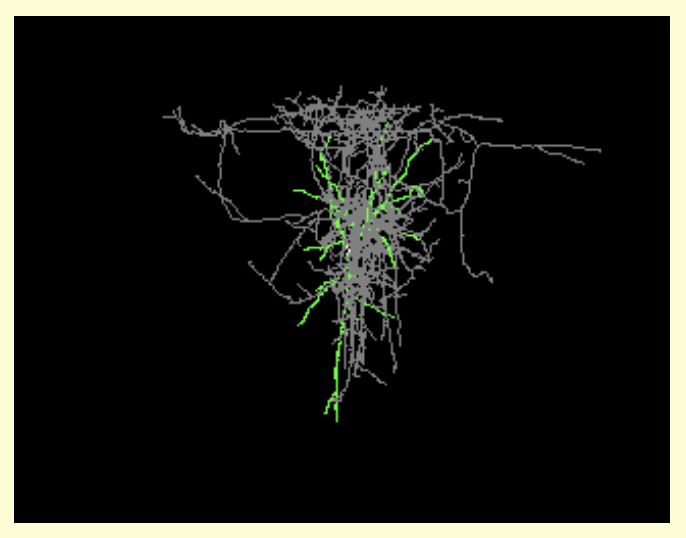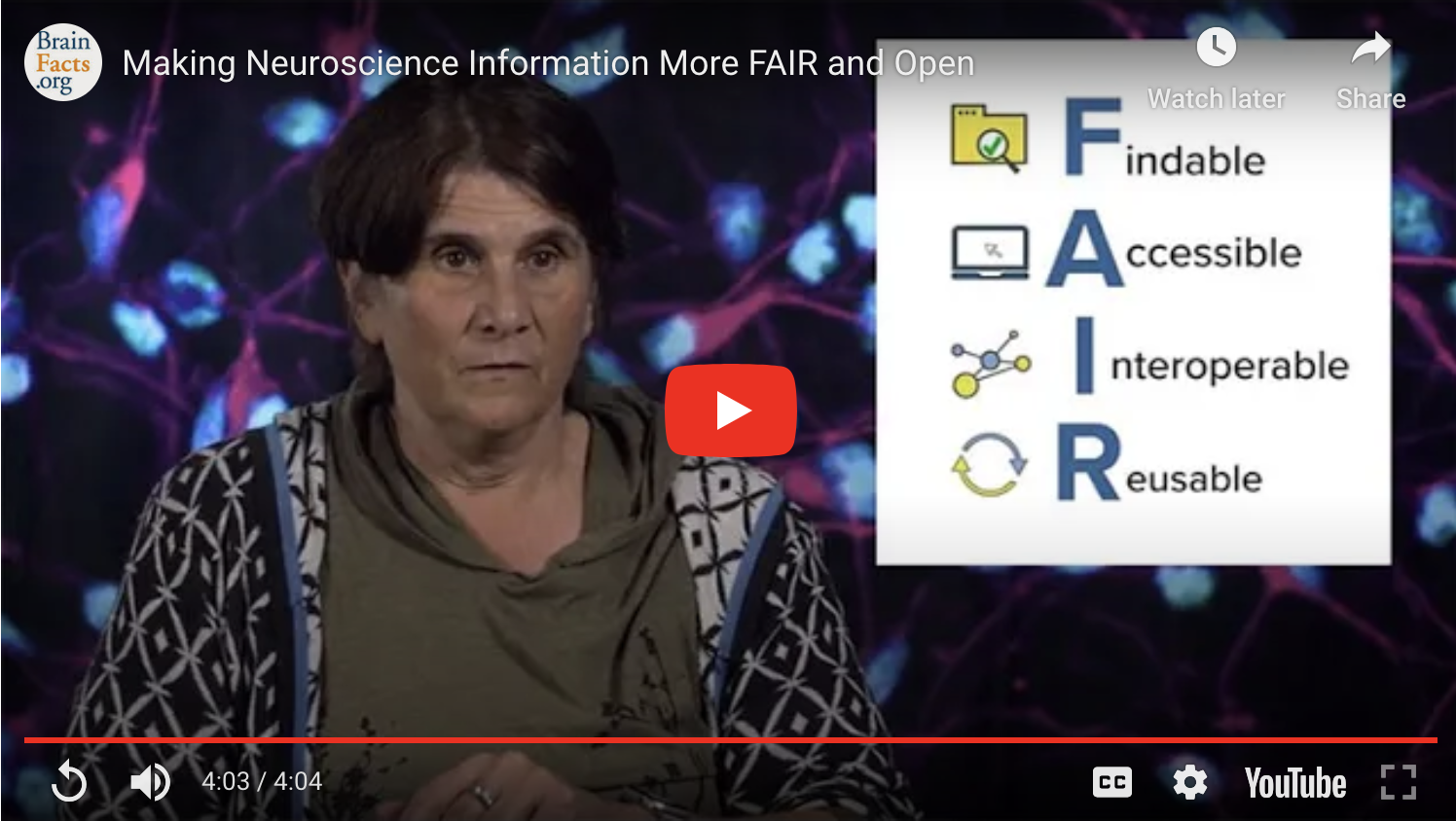An insulin hypersecretion phenotype precedes pancreatic β cell failure in MODY3 patient-specific cells.
MODY3 is a monogenic hereditary form of diabetes caused by mutations in the transcription factor HNF1A. The patients progressively develop hyperglycemia due to perturbed insulin secretion, but the pathogenesis is unknown. Using patient-specific hiPSCs, we recapitulate the insulin secretion sensitivity to the membrane depolarizing agent sulfonylurea commonly observed in MODY3 patients. Unexpectedly, MODY3 patient-specific HNF1A+/R272C β cells hypersecrete insulin both in vitro and in vivo after transplantation into mice. Consistently, we identified a trend of increased birth weight in human HNF1A mutation carriers compared with healthy siblings. Reduced expression of potassium channels, specifically the KATP channel, in MODY3 β cells, increased calcium signaling, and rescue of the insulin hypersecretion phenotype by pharmacological targeting ATP-sensitive potassium channels or low-voltage-activated calcium channels suggest that more efficient membrane depolarization underlies the hypersecretion of insulin in MODY3 β cells. Our findings identify a pathogenic mechanism leading to β cell failure in MODY3.
Pubmed ID: 36563694 RIS Download
Research resources used in this publication
None foundAdditional research tools detected in this publication
None foundAntibodies used in this publication
- Cy5-AffiniPure Donkey Anti-Mouse IgG (H+L) (min X Bov,Ck,Gt,GP,Sy Hms,Hrs,Hu,Rb,Rat,Shp Sr Prot) (RRID:AB_2340820)
- Donkey anti-Mouse IgG (H+L) Highly Cross-Adsorbed Secondary Antibody, Alexa Fluor™ 488 (RRID:AB_141607)
- Donkey anti-Rat IgG (H+L) Highly Cross-Adsorbed Secondary Antibody, Alexa Fluor™ 488 (RRID:AB_2535794)
- Cy5-AffiniPure Donkey Anti-Goat IgG (H+L) (min X Ck,GP,Sy Hms,Hrs,Hu,Ms,Rb,Rat Sr Prot) (RRID:AB_2340415)
- Cy3-AffiniPure Fab Fragment Donkey Anti-Rabbit IgG (H+L) (RRID:AB_2340606)
- Donkey anti-Rabbit IgG (H+L) Highly Cross-Adsorbed Secondary Antibody, Alexa Fluor™ 647 (RRID:AB_2536183)
- Ki67 antibody - Proliferation Marker (RRID:AB_443209)
- HNF4A-human (RRID:AB_2116913)
- Neuro D (A-10) (RRID:AB_671759)
- Nkx6.1 Antibody (RRID:AB_11023606)
- Monoclonal Mouse Anti Human Smooth Muscle Actin (RRID:AB_2223500)
- Alpha-1-Fetoprotein Pathology Antibody (RRID:AB_2650473)
- Anti-βIII Tubulin mAb (RRID:AB_430874)
- Mouse Anti-Human Nanog Monoclonal Antibody, Alexa Fluor?? 488 Conjugated, Clone N31-355 (RRID:AB_1937305)
- Rabbit Anti-Human SOX2 Polyclonal Antibody, Unconjugated (RRID:AB_945584)
- Oct3/4 Antibody (C-10) (RRID:AB_628051)
- Homeobox protein Nkx-6.1; Nkx6.1 antibody - Madsen, O.D.; Hagedorn Research Institute (RRID:AB_532379)
- Human PDX-1/IPF1 Affinity Purified Polyclonal Ab (RRID:AB_355257)
- Somatostatin (D-20) (RRID:AB_2302603)
- Glucagon (D16G10) XP Rabbit mAb (RRID:AB_10859908)
- insulin (proinsulin; C-peptide) antibody - Madsen, O.D.; Hagedorn Research Institute (RRID:AB_2255626)
Associated grants
NonePublication data is provided by the National Library of Medicine ® and PubMed ®. Data is retrieved from PubMed ® on a weekly schedule. For terms and conditions see the National Library of Medicine Terms and Conditions.
This is a list of tools and resources that we have found mentioned in this publication.
Cy5-AffiniPure Donkey Anti-Mouse IgG (H+L) (min X Bov,Ck,Gt,GP,Sy Hms,Hrs,Hu,Rb,Rat,Shp Sr Prot) (antibody)
RRID:AB_2340820
This unknown targets Mouse IgG (H+L)
View all literature mentionsDonkey anti-Mouse IgG (H+L) Highly Cross-Adsorbed Secondary Antibody, Alexa Fluor™ 488 (antibody)
RRID:AB_141607
This polyclonal secondary targets IgG (H+L)
View all literature mentionsDonkey anti-Rat IgG (H+L) Highly Cross-Adsorbed Secondary Antibody, Alexa Fluor™ 488 (antibody)
RRID:AB_2535794
This polyclonal secondary targets IgG (H+L)
View all literature mentionsCy5-AffiniPure Donkey Anti-Goat IgG (H+L) (min X Ck,GP,Sy Hms,Hrs,Hu,Ms,Rb,Rat Sr Prot) (antibody)
RRID:AB_2340415
This unknown targets Goat IgG (H+L)
View all literature mentionsCy3-AffiniPure Fab Fragment Donkey Anti-Rabbit IgG (H+L) (antibody)
RRID:AB_2340606
This unknown targets Rabbit IgG (H+L)
View all literature mentionsDonkey anti-Rabbit IgG (H+L) Highly Cross-Adsorbed Secondary Antibody, Alexa Fluor™ 647 (antibody)
RRID:AB_2536183
This polyclonal secondary targets IgG (H+L)
View all literature mentionsKi67 antibody - Proliferation Marker (antibody)
RRID:AB_443209
This polyclonal targets Ki67 antibody - Proliferation Marker
View all literature mentionsNeuro D (A-10) (antibody)
RRID:AB_671759
This monoclonal targets Human NEUROD1
View all literature mentionsNkx6.1 Antibody (antibody)
RRID:AB_11023606
This unknown targets Nkx6.1
View all literature mentionsMonoclonal Mouse Anti Human Smooth Muscle Actin (antibody)
RRID:AB_2223500
This monoclonal targets Smooth Muscle Actin
View all literature mentionsAlpha-1-Fetoprotein Pathology Antibody (antibody)
RRID:AB_2650473
This polyclonal targets Alpha-1-fetoprotein
View all literature mentionsAnti-βIII Tubulin mAb (antibody)
RRID:AB_430874
This monoclonal targets βIII Tubulin
View all literature mentionsMouse Anti-Human Nanog Monoclonal Antibody, Alexa Fluor?? 488 Conjugated, Clone N31-355 (antibody)
RRID:AB_1937305
This monoclonal targets Human Nanog
View all literature mentionsRabbit Anti-Human SOX2 Polyclonal Antibody, Unconjugated (antibody)
RRID:AB_945584
This polyclonal targets Human SOX2
View all literature mentionsOct3/4 Antibody (C-10) (antibody)
RRID:AB_628051
This monoclonal targets Oct-3/4
View all literature mentionsHomeobox protein Nkx-6.1; Nkx6.1 antibody - Madsen, O.D.; Hagedorn Research Institute (antibody)
RRID:AB_532379
This monoclonal targets Homeobox protein Nkx-6.1; Nkx6.1
View all literature mentionsHuman PDX-1/IPF1 Affinity Purified Polyclonal Ab (antibody)
RRID:AB_355257
This polyclonal targets Human PDX-1/IPF1 Affinity Purified Ab
View all literature mentionsSomatostatin (D-20) (antibody)
RRID:AB_2302603
This polyclonal targets SST
View all literature mentionsGlucagon (D16G10) XP Rabbit mAb (antibody)
RRID:AB_10859908
This monoclonal targets Glucagon (D16G10) XP Rabbit mAb
View all literature mentionsinsulin (proinsulin; C-peptide) antibody - Madsen, O.D.; Hagedorn Research Institute (antibody)
RRID:AB_2255626
This monoclonal targets insulin (proinsulin; C-peptide)
View all literature mentions




